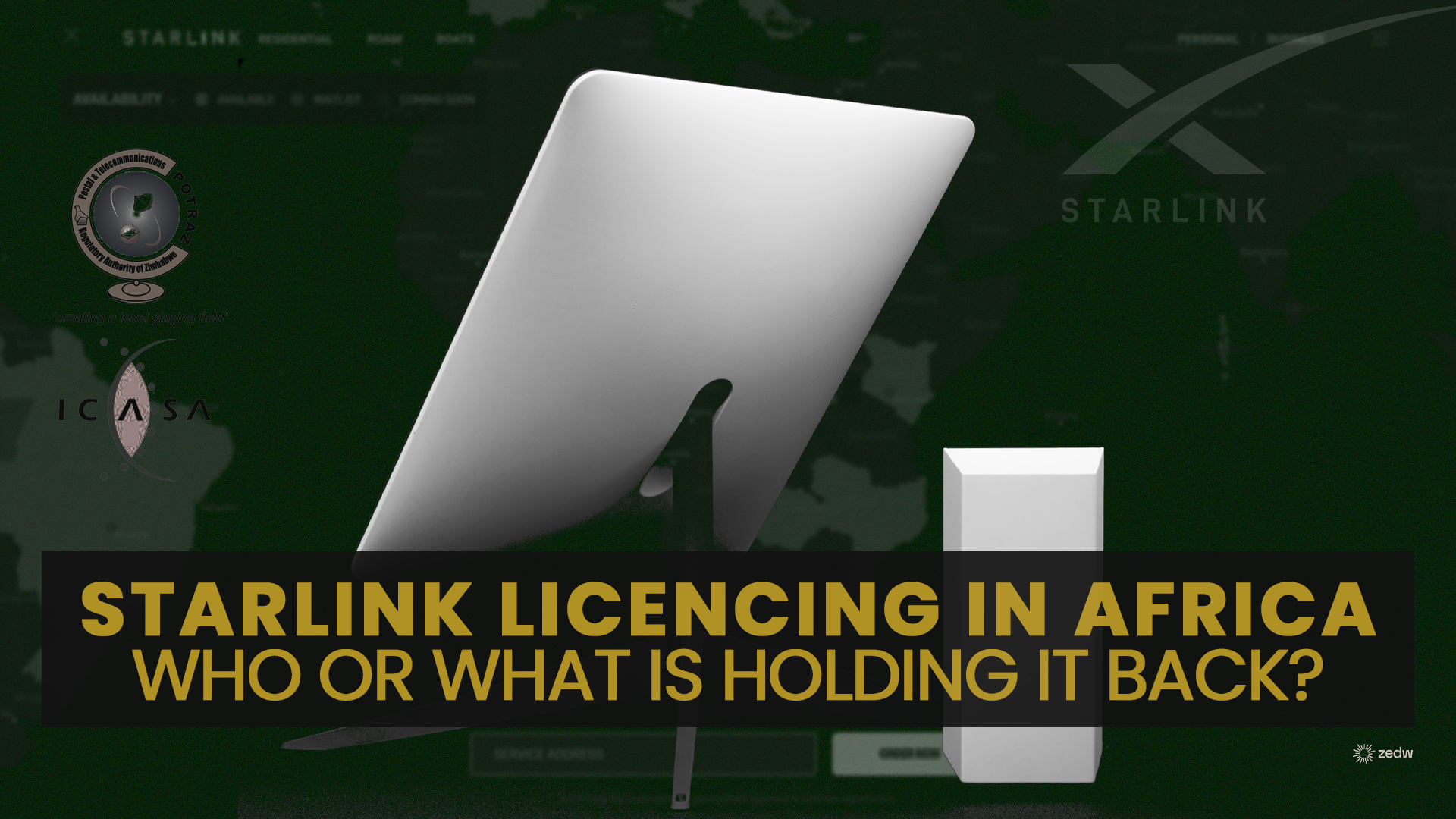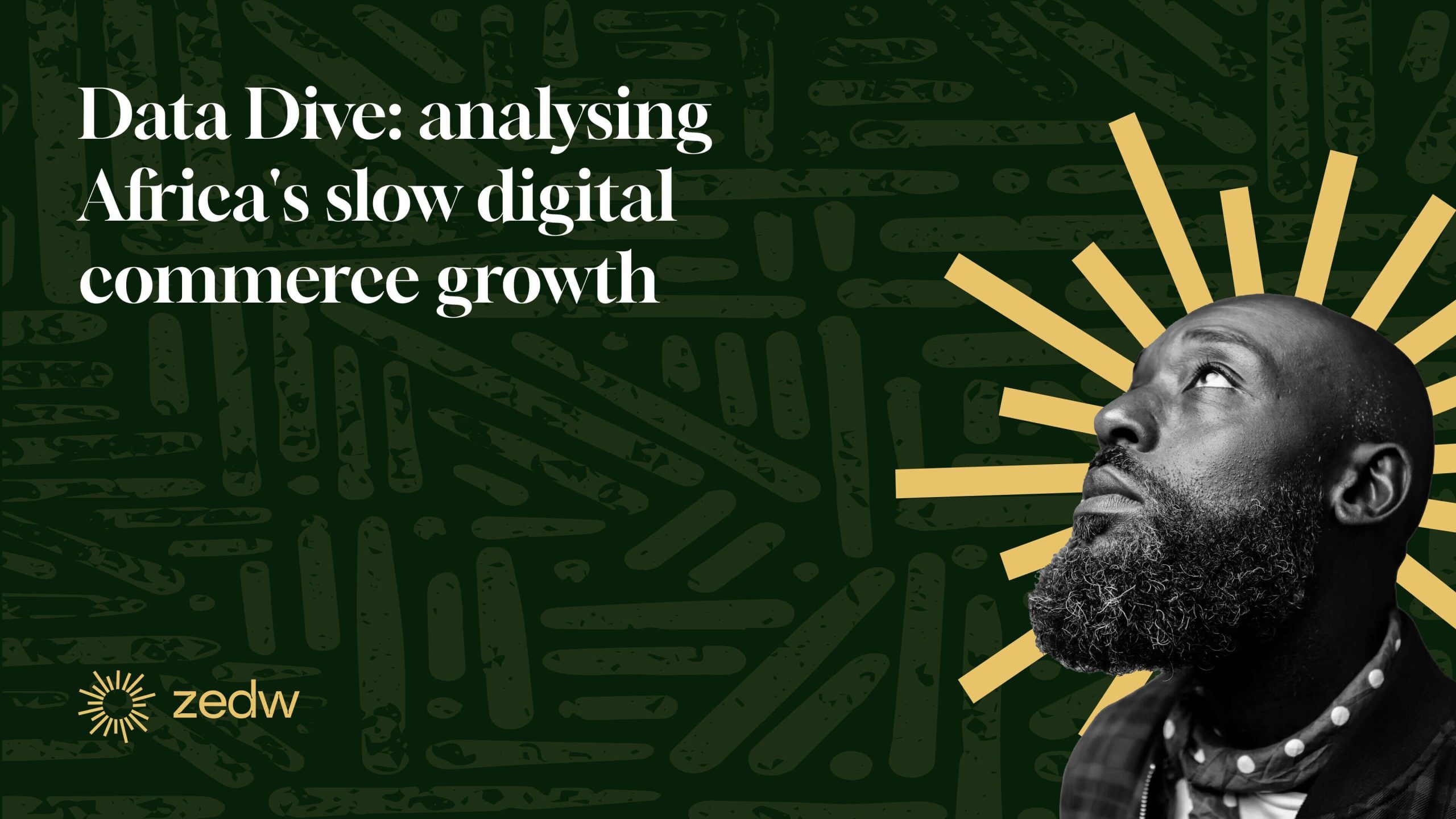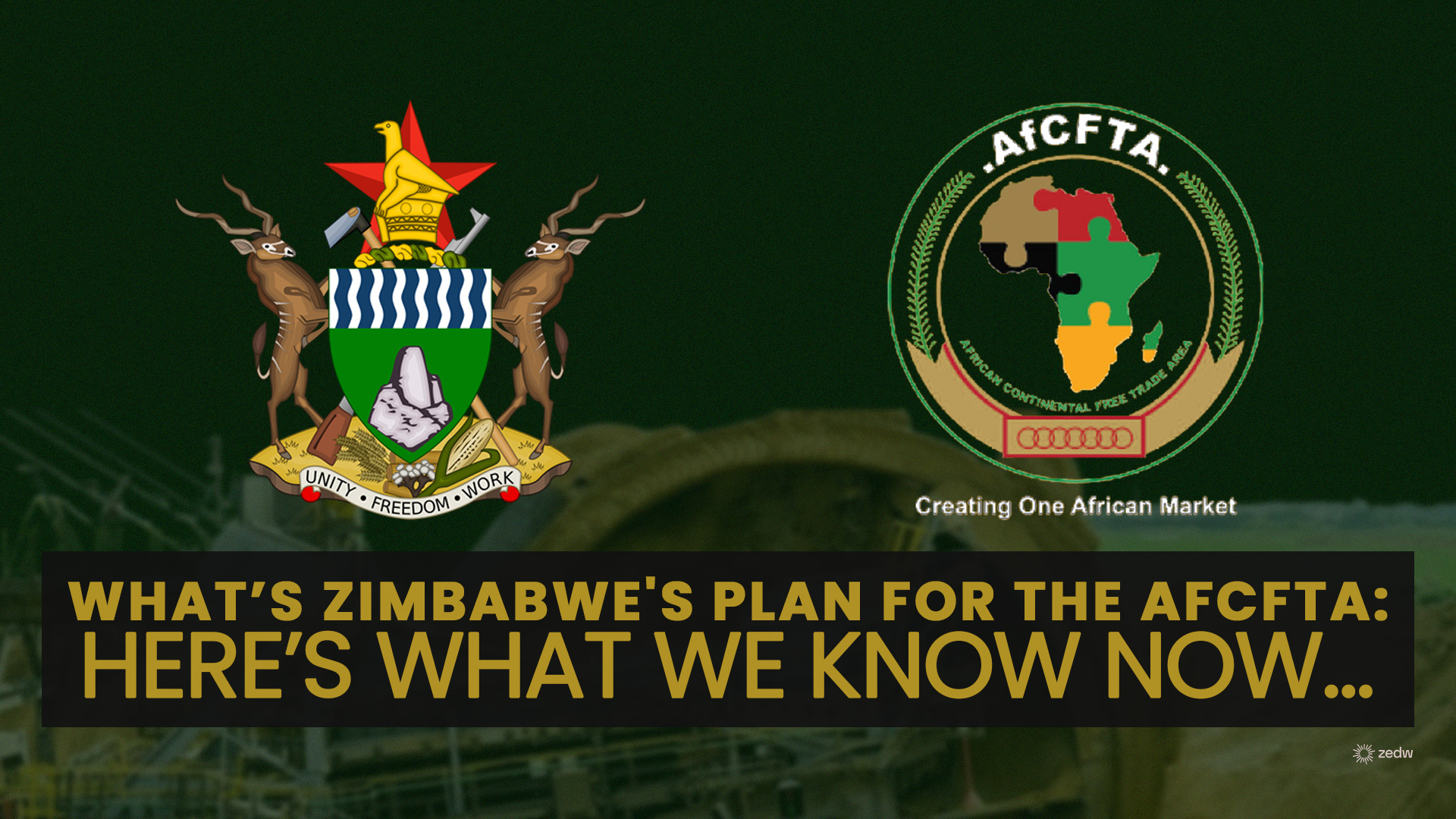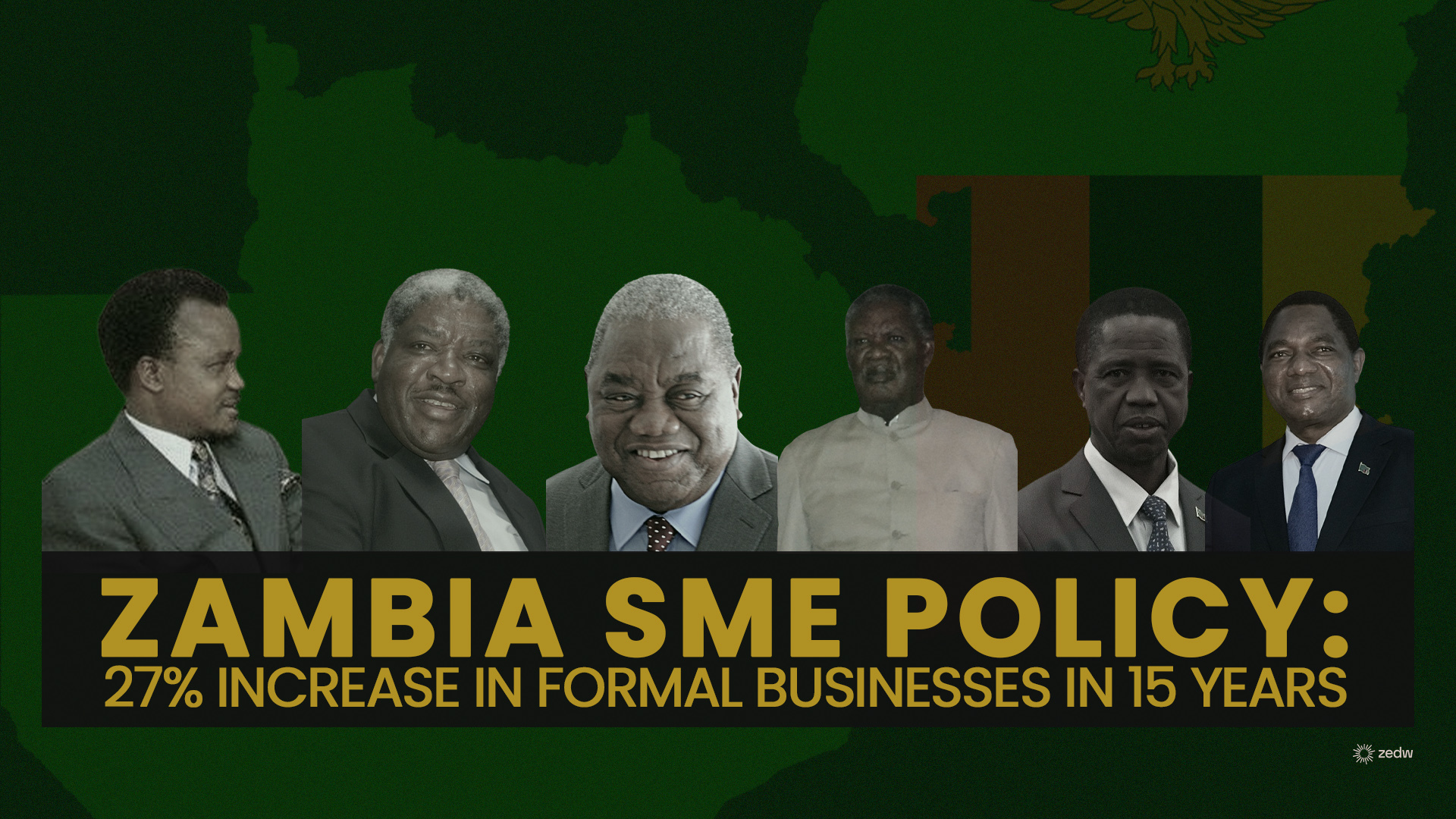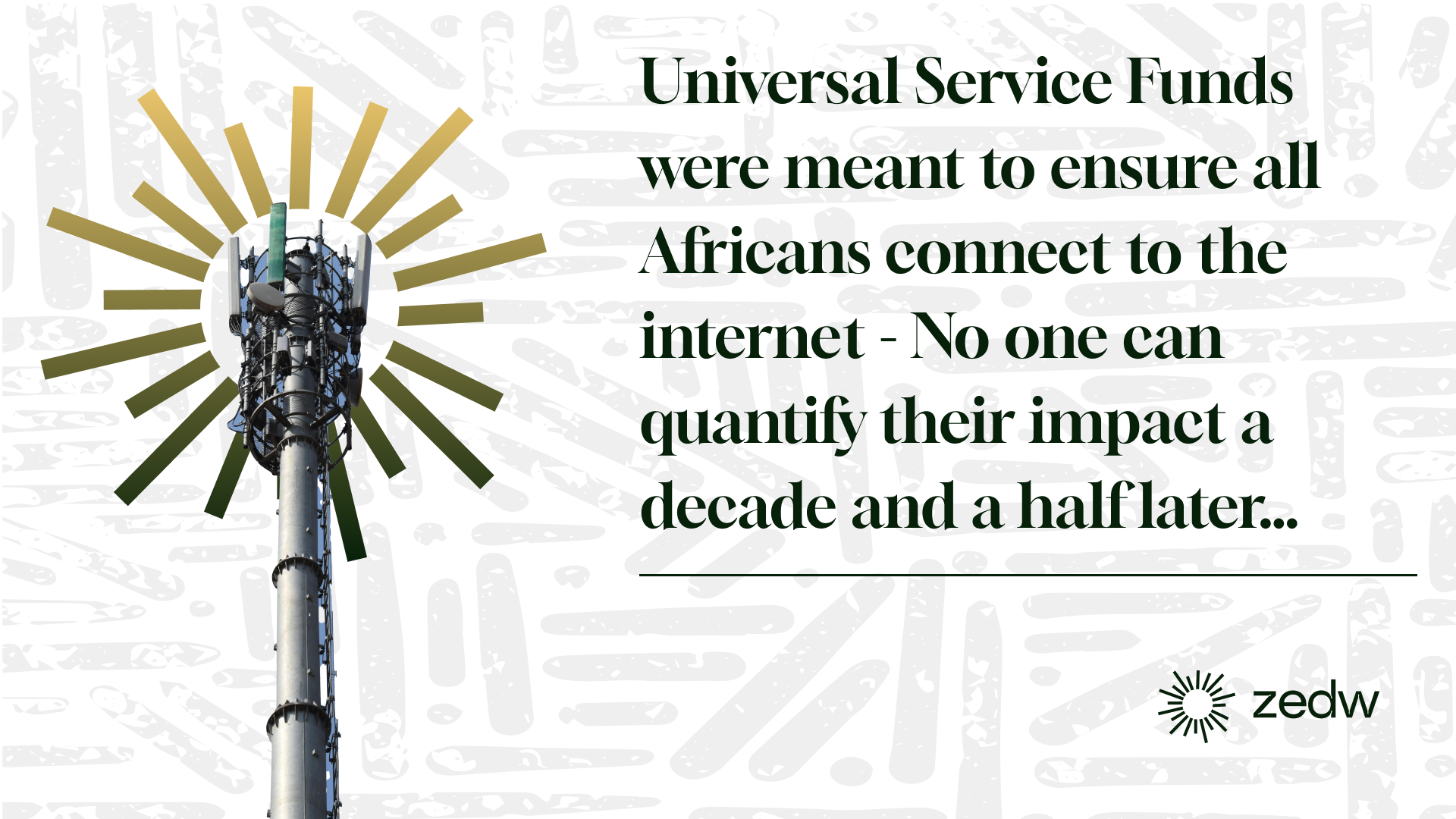Starlink is catching a lot of attention globally and in African regions, it is facing quite the reception on both ends of the spectrum. Several African countries have subscribed to the idea of the satellite internet provider operating within their borders. Nigeria, Kenya, Rwanda, Zambia, Mozambique, and Malawi have licensed Starlink to operate within their borders. However, some African countries have also had licensing issues with Starlink that are delaying its deployment in markets like South Africa and Zimbabwe.
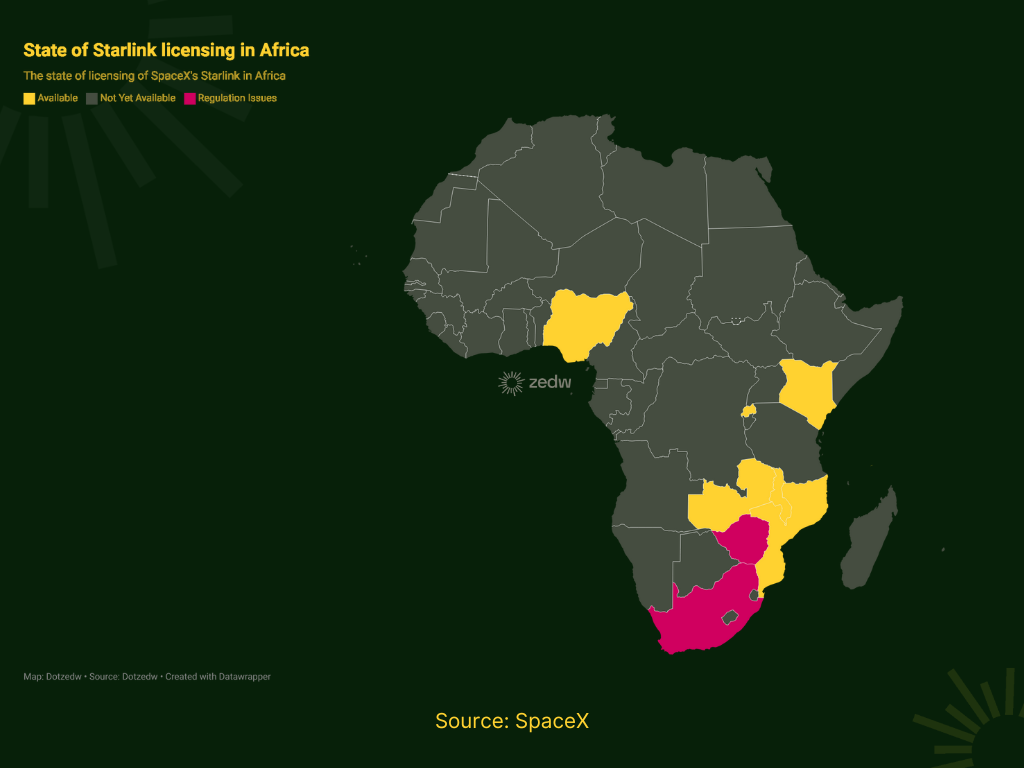
Different countries are approaching the licensing of Starlink differently and those countries that are facing delays in the deployment of Starlink all have different reasons.
South Africa
It was expected that South Africa would be the first country to get the service on the continent however it faced numerous delays till its expected service date was labelled unknown. This is due to how South African law treats businesses operating in the country.
The Independent Communications Authority of South Africa (ICASA) requires all companies that apply for Individual Electronic Communications Service (IECS) and Individual Electronic Communications Network Service (IECNS) licenses to have 30% of their equity held by “historically-disadvantaged groups.”
Kenya also had a similar policy requiring a business operating in the country to have at least 30% black ownership however this requirement was overruled by President William Ruto allowing Starlink to operate in the country. Reports suggest that Amazon’s e-commerce division expressed interest in operating in Kenya but only of the 30% ownership policy was removed.
Reportedly, e-commerce giant Amazon convinced President William Ruto to abandon the foreign ownership rules in order for the tech giant to establish a presence in Nairobi.
Ventures Africa.com
South Africa’s ICASA also last issued operator licenses in 2009 in a bulk format. Since then, any new player wishing to enter South Africa’s network operator space has only been able to get the license through transfer. This is when an existing operator with a valid license will sell it off to an interested operator and request a license transfer through ICASA. This is an anomaly that affected the state-owned network, Broadband Infraco
ICASA claims it never blocked Starlink from operating in the country and counters by saying they approached Starlink twice however the SpaceX subsidiary has not sent an application to them.
In the most recent reports, Starlink is said to have sought a “type approval” license to have its equipment validated by ICASA to work in the country. This seems like it could be some traction towards Starlink finally getting approval to operate in the country.
Zimbabwe
Zimbabwe has a chronic connectivity challenge both in mobile and fixed connectivity. It’s a joint strikeforce of unaffordable broadband prices, reduced buying power of the local currency, and network quality issues that have seen even the heads of state postponing a virtual SADC Extraordinary meeting to an in-person meeting due to poor network connectivity.
The meeting ended because we were having connectivity glitches in the various places from which we were following proceedings, so the meeting became inconsistent because of audibility issues.
Zimbabwe’s Foreign Affairs and International Trade Minister Frederick Shava
The prospect of Starlink making its way into the country is a prospect a majority of Zimbabweans are looking forward to. Starlink will cost a fraction of the cost of the equivalent fiber or ADSL package whilst providing a much more reliable service than the available local providers. The continental average monthly subscription for Starlink is US$36.
| Country | Cost of the kit | Monthly Subscriptions |
| Nigeria | $379.47 | $24.40 |
| Rwanda | $456.69 | $38.32 |
| Kenya | $580.18 | $42.37 |
| Malawi | $343.27 | $30.90 |
| Zambia | $440.48 | $31.61 |
| Mozambique | $634.24 | $46.99 |
This will get you download speeds of around 150Mbps (Tested speeds in Zimbabwe) and an uncapped internet package. No ISP in Zimbabwe is offering residential customers uncapped packages costing less than US$150 per month with average monthly uncapped packages costing an average of US$200. In South Africa, the top fiber providers have uncapped packages starting at monthly prices lower than the continental average for Starlink.
| Country | ISP | Monthly fee (cheapest uncapped) | Download speed |
| Starlink (Continental average) | $35.77 | 150Mbps | |
| Zimbabwe | Liquid Home FibroniX | $316.83 | 100Mbps |
| TelOne | $310.58 | 20Mbps | |
| Telco | $186.82 | 15Mbps | |
| South Africa | Vumatel | $20.97 | 20Mbps |
| Telkom | $15.72 | 30Mbps | |
| Vodacom | $26.23 | 25Mbps |
The case for Starlink is strong enough to see an upsurge in demand for the service in Zimbabwe, which has been enough to attract the attention of POTRAZ, the regulator. POTRAZ has not been very clear as to the position Starlink is in regarding the application for an operator license.
At a press conference, former Minister of ICT Postal & Courier services Hon. Jenfan Muswere mentioned Starlink having sent in its application and that POTRAZ was still going through it. Later on, the current Minister of ICT Postal & Courier Services Hon. Tatenda Matevera announced that POTRAZ had not received any expression of interest from Starlink and that until it is approved, it is illegal to import, sell, or use Starlink without a license.
In a press statement released in the newspaper, POTRAZ specified that:
- If you are an internet service provider wishing to operate in Zimbabwe, you are required to apply for an operator license to do so.
- If you are a business intending to sell telecommunications equipment you are required to obtain approval from POTRAZ (equipment type approval)
- If you are an individual willing to purchase Starlink for personal use, (like what the national broadcaster ZBC did) you will require an individual license that you will also apply for with POTRAZ.
On face value, the demands Zimbabwe has for Starlink to operate in the country seem pretty straightforward compared to South Africa, but it’s unclear why no traction has been made toward the service making its way into Zimbabwe’s borders.
| Country | Average price per GB | Starlink Monthly Subscriptions |
| Nigeria | $0.71 | $24.40 |
| Rwanda | $1.10 | $38.32 |
| Kenya | $0.84 | $42.37 |
| Malawi | $2.42 | $30.90 |
| Zambia | $1.36 | $31.61 |
| Mozambique | $1.33 | $46.99 |
| South Africa | $2.04 | – |
| Zimbabwe | $4.26 | – |
Licensing and route for operating in Africa
For a global organization like SapceX’s Starlink to operate worldwide, it has to cross a litany of hoops before it can operate in a foreign territory. In territories where the legislation is favorable, the company has been setting up shop there directly. However in places where navigating the numerous hoops has been a challenge, Starlink has instead partnered up with local providers.
If a license is difficult to obtain, countries like Zimbabwe allow a telecommunications player to ride on an existing operator’s license so long their services are covered under the license. What Starlink has done this year is it has partnered with Paratus Group, a Pan-African connectivity firm based in Namibia, and has made it the official distributor of Starlink equipment in Africa. This way, Starlink will become just an additional connectivity solution that is added to Paratus Group’s portfolio.
Paratus Group and 2 other entities, Magic Space Dust and Data X Lab, applied for “type-approval” certificates with ICASA in South Africa. With these certificates, these 3 entities would have approval to sell the Starlink equipment in South Africa. This also comes after they were announced as the official distributor of Starlink equipment in Zambia earlier this year.
Rwanda’s government first introduced Starlink in schools as a pilot project to test its performance and viability. It is this test that they used to consider Starlink’s application while also solving connectivity for some 500 schools within the country.
“Among the services we are undertaking, which we agreed upon with Starlink last year [2022], we are going to start with at least 500 schools so that at least such internet will be tested, and distributed there,” – Paula Ingabire, Rwanda’s ICT Minister”
In Nigeria, the Minister of Communications, Innovation and Digital Economy, Dr. Bosun Tijani had a chat with Starink’s Senior Director of Global Licensing and activation of SpaceX, Ryan Goodnight to discuss how the Starlink value chain can also incorporate Nigerians. He proposed a certified installer/maintenance program for Starlink and working with hardware startups to produce Starlink repeater boxes locally.
Navigating licensing on the continent has proven to be a bit of a tall order. It’s tough to say if the molasses levels of progress are purely legislative or otherwise. Starlink is probably the best connectivity solution for Africa but interestingly enough it’s the place where its approval is the slowest.

